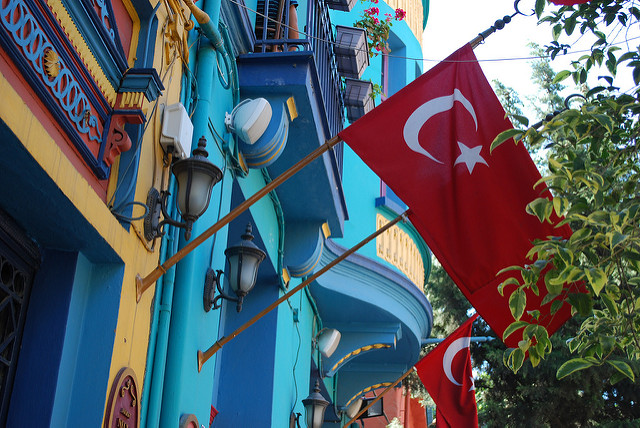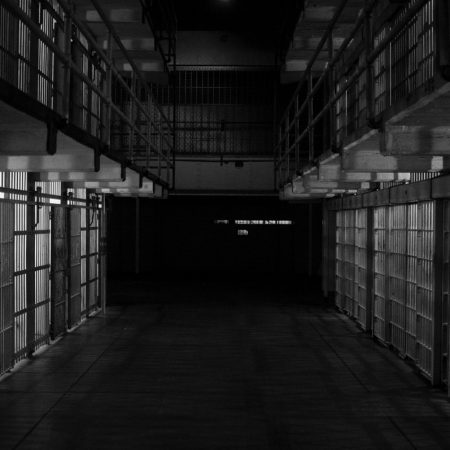One of the Oldest Conflicts in the World
By Mohamed Sahnoun
10 December 2007–Climate change and human security: today’s Cains and Abels are armed with Kalashnikovs.
In the first chapters of the Bible we find one of humanity’s oldest stories, shared by Muslims as well as by Jews and Christians: two brothers, Cain a settled farmer, and Abel, a pastoralist, a wandering herdsman. A story of violence and death. At a public panel debate some years ago I faced up to Samuel Huntington and contested his thesis of an inevitable clash of civilizations. For many years I’ve been involved in peace-making efforts in Somalia: one of the most homogeneous countries in Africa, 85% Muslim. Even a Somalian cannot tell a Northerner from a Southerner.
Yet young boys herding their goats to a rare dam or water point will interrogate another child-herdsman as to his ancestry. He will be able to recite his family tree – on the father’s side – back over twenty generations, to work out if they are cousins, and so can share the limited precious resource, or if they must fight. And today’s Cains and Abels are armed with all-too-easily available Kalashnikovs. In the many years that I’ve been involved in conflict resolution efforts in the Horn of Africa, I’ve seen the green disappear, the dry desert spread: 70% of the forest cover has been destroyed. Rather than a ‘clash of civilizations’ so many of the world’s conflicts – I think of Darfur – go back to this conflict over resources. At least in part.
This is the importance of the Bali UN conference on climate change. We cannot for ever just deal – mostly too late – with the symptoms. The international community must address the root causes of human insecurity. That is why we have chosen this theme for the Caux 2008 conference season at the international Initiatives of Change centre in Switzerland. We all have a part to play; we are all inter-dependent. No country can progress and develop alone. In the rich countries of Europe, there are political forces that want to build walls and fences; to protect their comfort by keeping a suffering humanity at arms length. But there is also a growing awareness of the dangers of climate change, of this competition for resources, to us all, wherever we may live. The Alps are still moving, growing, and with the rising temperatures, and thawing ice, there are valleys where the roads would be impracticable in a few weeks, if the road-mending teams stopped their constant work.
‘Green issues’ are no longer a minority interest, a marginal fad. We say in the programme for the Caux conferences: ‘Human security depends not just on freedom from conflict and the threat of terrorism. It also lies in meeting basic human needs for shelter, food and work, health and education – and a sense of self-worth. For millions these needs are far from being met. In a world of plenty, poverty and injustice persist. World peace and security are also threatened by the destruction of the environment and climate change.
‘Initiatives of Change has always held that at the heart of civilization lie core values of honesty and integrity, purity of heart and motive, selflessness and courage, love for people – and forgiveness. Such values, lived out, along with fresh inspiration found through times of silent reflection, enable each of us to make a difference. They help us to address the root causes of insecurity and sustain hope for the future.’ We all have a part to play in creating and sustaining the political will for a viable future, for all of humanity’s children, for the young Cains and Abels of today, and for their sisters.
Mohamed Sahnoun, the President of IofC-International, was a member of the International Commission on Environment and Development, also known as the Brundtland Commission.
9-51













2007
924 views
views
0
comments